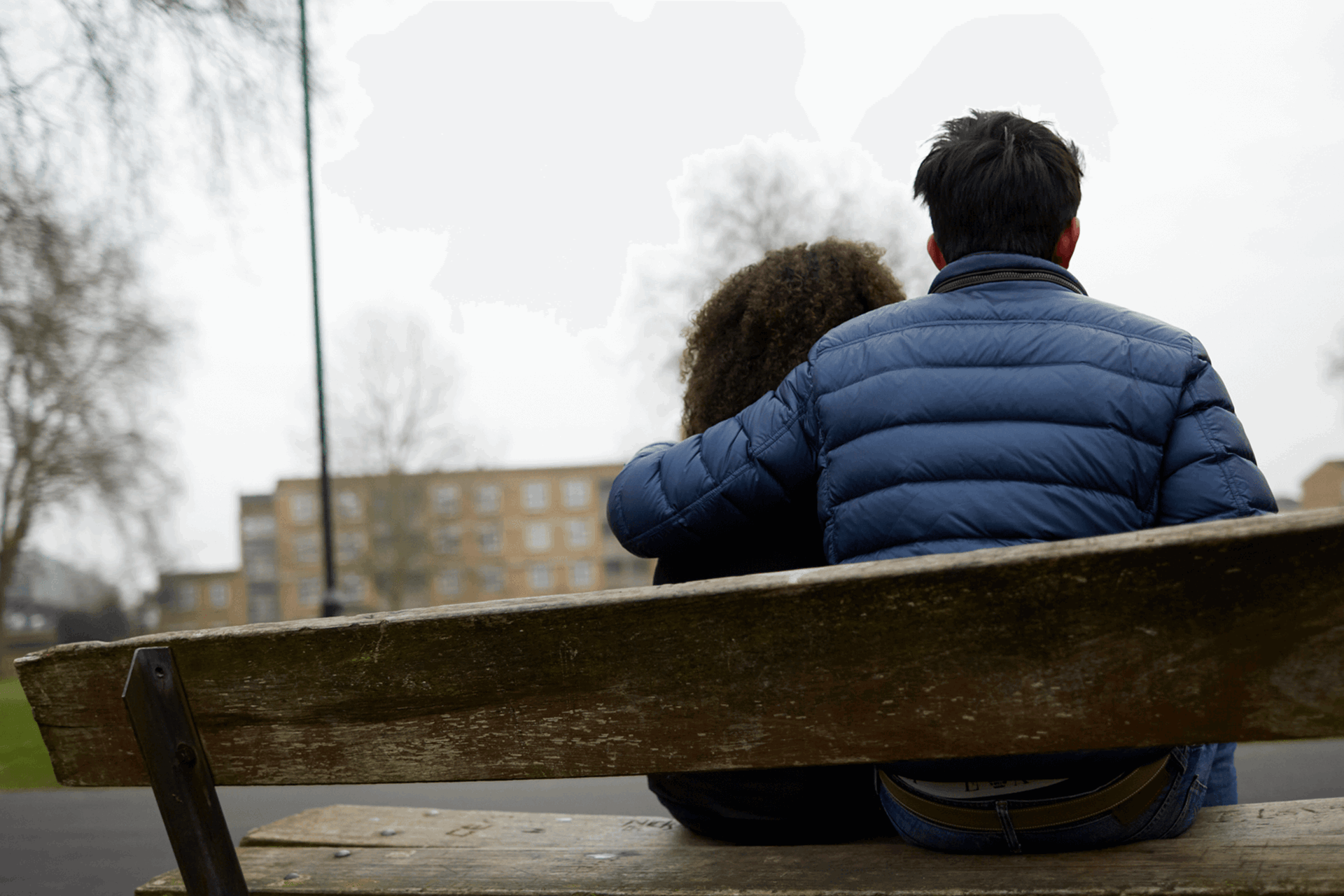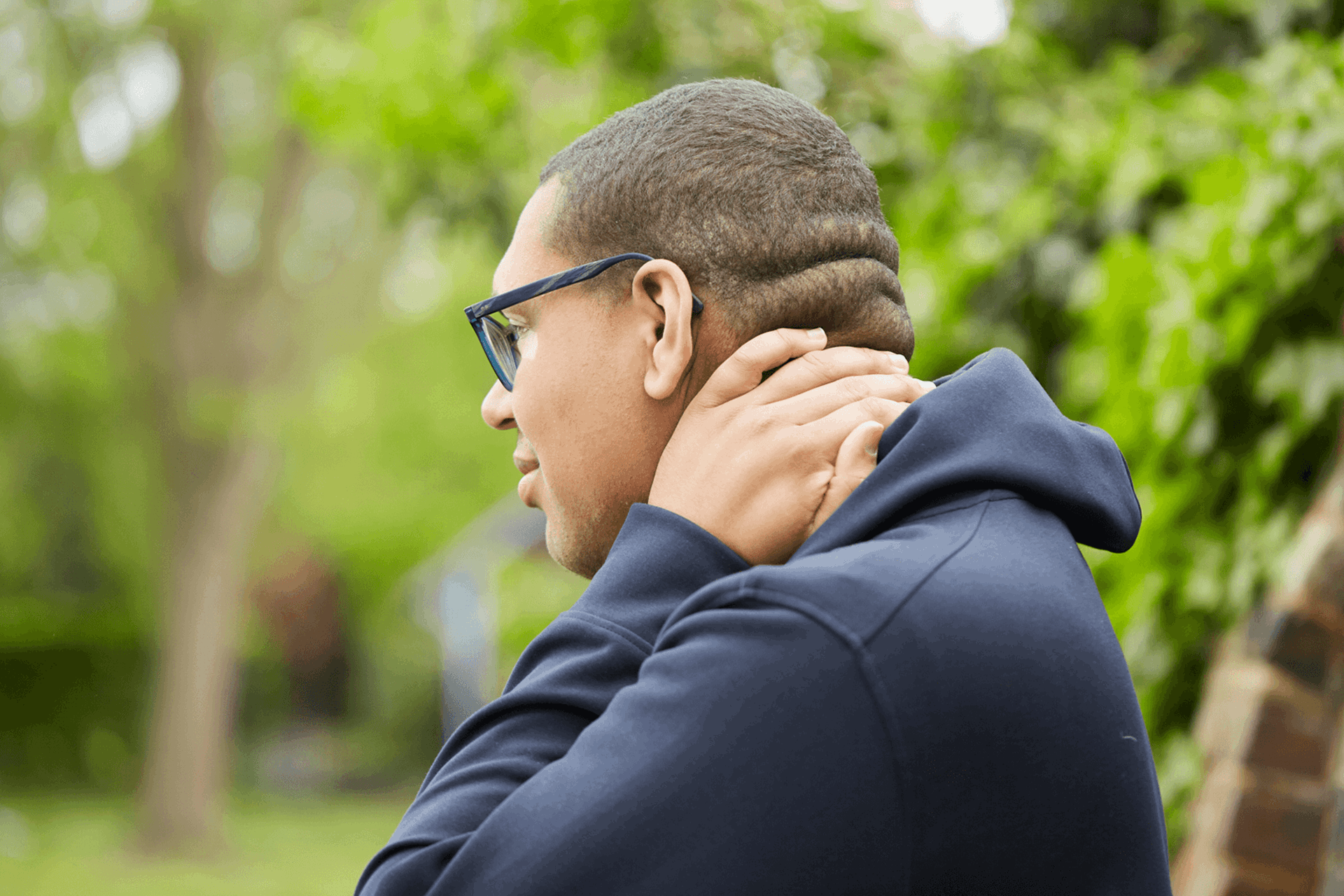Topics mentioned: aripiprazole, antidepressants, medications, depression and mood, schizoaffective disorder, psychosis
About: Emma was prescribed the antipsychotic aripiprazole to help with mood swings, psychosis and schizoaffective disorder. Here she shares her story.
My advice to anyone else taking medication for their mental health is don't be scared or embarrassed about taking or needing medication.
My name is Emma, I am 24 years old, and I was diagnosed with schizoaffective disorder 18 months ago. Schizoaffective disorder is a condition where you experience symptoms of psychosis alongside symptoms of a mood disorder, like mood swings.
Being diagnosed with schizoaffective disorder was scary because I had never heard of it before and didn't know anybody else with it. But after researching it, everything made sense, and I wasn't as scared anymore. If you have a mental health diagnosis, it's important to remember that your diagnosis doesn't define you.
If you have a mental health diagnosis, it's important to remember that your diagnosis doesn't define you.
Taking aripiprazole for the first time
I was 21 years old when I first got prescribed aripiprazole. My psychiatrist wanted me to try an antipsychotic as a mood stabiliser to help with the mood swings I was experiencing. It didn't completely stop my mood from fluctuating, but it brought it more under control.
I've been taking aripiprazole for over three years now, and it has really helped me. I take an antidepressant to support my antipsychotic, and together they have worked to keep my symptoms to a minimum.
I've been taking aripiprazole for over three years now, and it has really helped me.
My first experience of psychosis
Despite already being on an antipsychotic, I started to experience psychosis during the first lockdown. I got really stressed, and I found it difficult to cope. The news really got to me. There were lots of unknowns that didn't help my mental health.
My family first noticed something was wrong when I got stressed and started showing signs of paranoia. My depression also came back. We didn't realise at the time that I was having delusions. I believed the Government put cameras around my house and put GPS trackers in my tablets.
The delusions made me feel scared and isolated and I thought my family were in on it. My doctor reassured me that there were no hidden cameras and he also prescribed melt-in the-mouth aripiprazole tablets. The tablets really helped but I was still scared that there were cameras no matter how many times I was reassured. When I got more stressed, I began to get hallucinations. The more stressed I got, the worse my symptoms got.
The more stressed I got, the worse my symptoms got.
I was scared to go outside because I believed somebody was following me. I felt frightened, and I didn't know where to turn. It took a long time to feel safe outside. Now, with the help of my family and medication, I no longer feel worried about being followed.
I believed my thoughts were rational and made sense, despite my family saying the opposite. I was adamant that I was right about everything. I didn't think that I had delusional thoughts until I started to come out the other side. My family were so supportive throughout the whole lockdown. They helped me through a really tough time.
I was scared to go outside because I believed somebody was following me.
Increasing my dose of aripiprazole
When I told my psychiatrist about how I was feeling, he increased my dosage of aripiprazole. We upped it little by little because we didn't want to do it too fast with too high a dose. The increased medication took a little while to work, but it really helped me when it took effect. We thought about changing my aripiprazole to another antipsychotic but decided not to as it was starting to get rid of my symptoms.
My doctor also decided I would benefit from being given a support worker. She rang me every few days to check on me and see if my medication was working yet. She was so kind and supportive. She listened to what I had to say and didn't judge me. It was nice to talk to somebody who wasn’t family. I think talking to somebody is vital because you can tell them all of your worries and they will listen. I believe talking is just as important as taking medication.
I think talking to somebody is vital because you can tell them all of your worries and they will listen. I believe talking is just as important as taking medication.
Where I am now
It's been two years since the start of my psychosis, and I'm doing really well now. My symptoms have lessened a lot, and that's largely because of the antipsychotic. I have been stable with no mood episodes for over a year. I also haven't experienced psychosis that has interfered with everyday life in nearly a year. I wish I could go back in time and give myself a hug and tell my younger self it will all be okay.
Without a doubt, my medication has saved my life. I wouldn't be where I am today without it. There are side effects of aripiprazole, such as drowsiness and weight gain, but the positives outweigh the negatives. In my experience, my medication took a while to take effect. Don't worry if your medication doesn't work straight away. Give it time. Medication is not an immediate thing.
My advice to anyone else taking medication for their mental health is don't be scared or embarrassed about taking or needing medication. Whatever you're worried about, speak to somebody you trust about your concerns. In my experience, talking to the people closest to me was the best decision because they could give me the support I needed. Asking for help is really scary, but you're so brave for doing so.
I wish I could go back in time and give myself a hug and tell my younger self it will all be okay.
More information and advice
We have tips and advice to help you find the support you need. Take a look at our guides.
Where to get help
However you're feeling, there are people who can help you if you are struggling. Here are some services that can support you.
-
Childline
If you’re under 19 you can confidentially call, chat online or email about any problem big or small.
Sign up for a free Childline locker (real name or email address not needed) to use their free 1-2-1 counsellor chat and email support service.
Can provide a BSL interpreter if you are deaf or hearing-impaired.
Hosts online message boards where you can share your experiences, have fun and get support from other young people in similar situations.
- Opening times:
- 24/7
-
Samaritans
Whatever you're going through, you can contact the Samaritans for support. N.B. This is a listening service and does not offer advice or intervention.
- Opening times:
- 24/7






